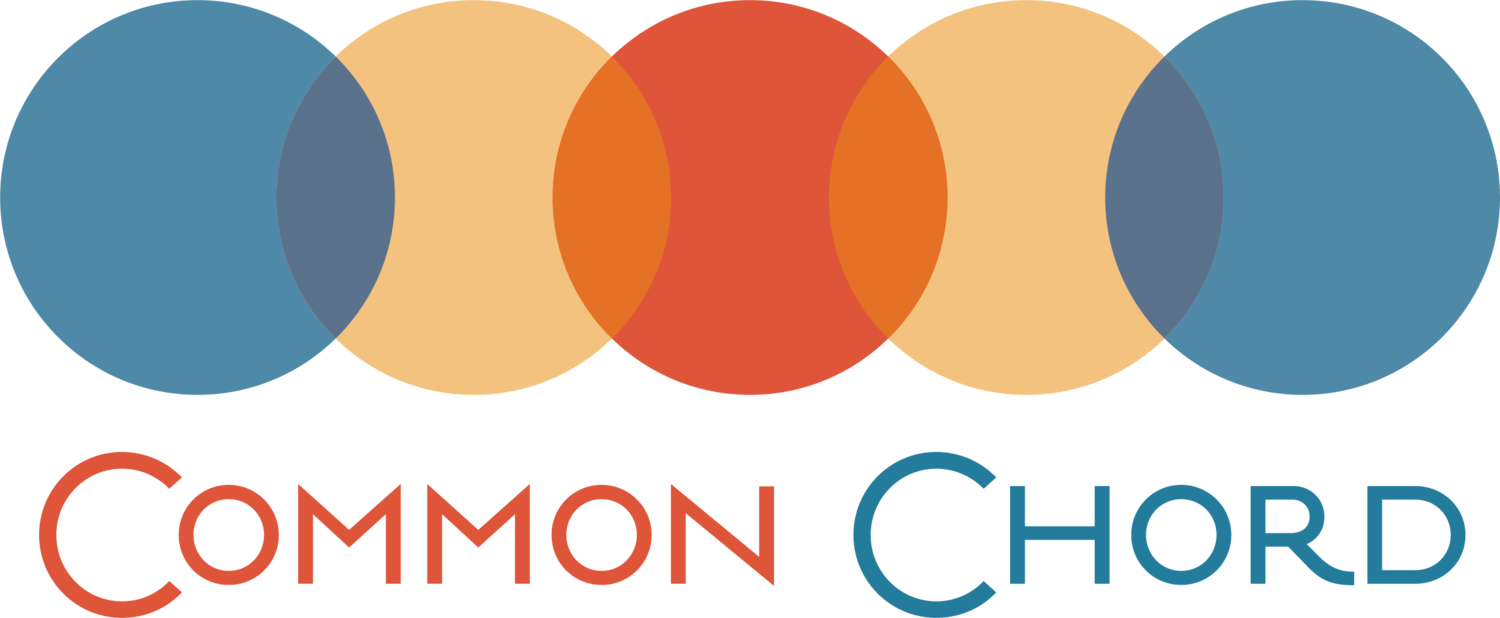Interracial Adoption in LGBTQ+ Headed Households
Statistics suggest that adoption in LGBTQ+ headed households is on the rise, and that LGBTQ+ parents are more likely to adopt transracially than are heterosexual couples. As I write this, I note I am neither a member of the LGBTQ+ community, nor an adoptee. At the same time, my work suggests that LGBTQ+ families often bring distinct lenses to the adoptive family experience.
Many times, adoptive parents who have navigated journeys related to their own protected identities have additional sensibilities to others who are navigating non-dominant identities. Many parents have suggested to me that (while a direct comparison cannot be made) in some ways, their identity journeys prepared them to handle uncomfortable situations and push themselves to show up fully for their children. Still, other parents and adoptees share that there is added complexity to being raised by parents of another race WHILE dealing with other peoples’ bigotry about their parents’ sexual orientations.
This week I’m highlighting some ideas from my conversation with Tony Hynes in my most recent podcast entitled ‘The Joys and Challenges of Growing Up as The Son of Two Moms’.
Tony is an interracial adoptee who was adopted by two lesbian women who became his adoptive parents in the 1990s. After his adoption was granted the judge overturned the adoption and his mothers had to appeal the decision. He later learned that his birth/first extended family members challenged the adoption based on a comment of a social worker and their beliefs that Black children should not be placed in White same-sex-headed households. Ultimately, Tony’s adoptive parents and his birth parents were given joint custody and he grew up with frequent contact with his first/birth family.
From my talk with Tony, I took away some points that I wanted to share with you. I’ve grouped them into two buckets: 1) Things that your interracially adopted child or child with LBGTQ+ community parents may experience, and 2) Things that may help you as adoptive parents help your adoptee.
Tony spoke freely about the torn loyalties that adoptees often experience. It can be challenging to accept and trust that it is okay to want to love, and belong with, both adoptive and birth/first families. Tony and other adoptees describe experiencing grief and guilt about being separated from siblings or other family members who may not have had the same resources as adoptive families do.
Adoptees raised in LGBTQ+ headed households may also find themselves answering twice as many questions- since classmates, peers and friends ask about visible racial differences in their families and about growing up in LGBTQ+ headed households. This also doubles the chances that others will say and do insensitive and harmful things when they are not well versed with issues of race and sexual orientation. It can also make it harder to find racial mirrors and others who can understand their experience at the intersection of adoption, race and gender. Tony also spoke about a struggle to feel authentic – and having to prove himself as “black enough” or “heterosexual enough” to gain acceptance with others as he grew up.
What should parents of interracial adoptees or same sex parents prepare for?
· It is important for parents to come up with strategies for what do you do if someone says something to the child: does the child say something, do parents say something? Help your child develop skills to deflect questions and/or answer them in a way that feels good to your child.
· Know that interracial adoption was not accepted historically and there are mixed feelings about interracial adoption. Interracially adoptive families need to understand that there are some deep, hurt feelings in Black and Brown communities given our history of racial injustice in the US. Many White parents may expect to be welcomed in Black communities. But some White parents may be judged. What you do with feeling judged and uncomfortable is important. Because you are the parent you may need to endure some uncomfortable situations for your child to be in communities with racial mirrors
· As you have heard me say many times, It is important for adoptees to see people who look like them, interact with peers in their neighborhood or schools who are the same race.
· Have frank conversations, name what is going on, create signals and decide who will address issues, and talking about situations and figure out how to reply to others who may express bias about your family.
· Find a balance – yes it is important to talk about hardships that people of color and LGBTQ+ communities face. It is also important to celebrate resilience and cultural contributions in all communities.
· Have grace for yourself. You will miss opportunities. Circle back to your child about how you could have done things better and talk through these things with children.
· The most impactful and/or important thing to do is to listen to adoptee voices, listen to adoptees feelings and you can find adoptee voices on many channels on social media and elsewhere.
Listen to the complete podcast with Tony here.
Dr. Laura Anderson
Dr. Laura S. Anderson specializes in educating and supporting families, as well as clinicians who support transracial adoptive families, across the globe to overcome barriers, derive strength from their differences, and thrive. She is a dynamic advocate for multiracial families and a strong advocate for supporting "third culture" children and families who may need support with the stressors associated with living out of their countries of origin.
Contact Dr. Anderson here.



